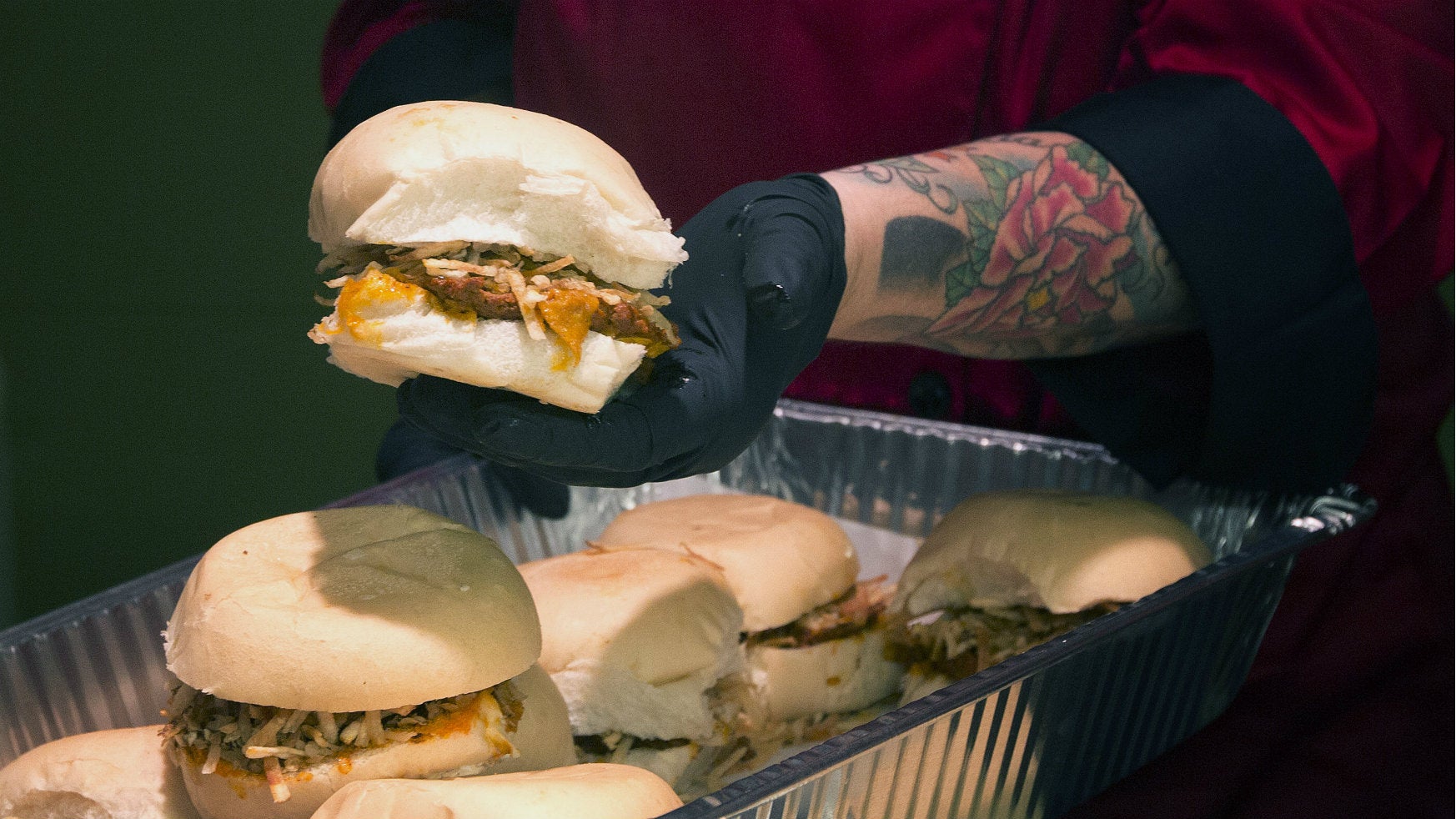Brexit is taking a toll on hipster hamburger joints
The UK’s decision to leave the EU may have a surprising casualty: hipster hamburger joints. Byron, a burger chain, may close four of its 70 or so locations, and there are signs of weakness among other gourmet burger restaurants, which have proliferated in London and other cities across the country in recent years.


The UK’s decision to leave the EU may have a surprising casualty: hipster hamburger joints. Byron, a burger chain, may close four of its 70 or so locations, and there are signs of weakness among other gourmet burger restaurants, which have proliferated in London and other cities across the country in recent years.
Byron is shuttering some locations because the UK’s national living wage, increased food costs, and price inflation tied to weakness in the British pound, according to the Times (paywall), citing unidentified sources. Another chain called Handmade Burger Co. has put its assets up for sale and is closing nine of 29 sites. No official reason was given by administrator Leonard Curtis, which is handling the sale and negotiations with creditors.
In the early months after the Brexit vote, the UK economy showed signs of stability. It seemed to defy warnings from the Bank of England and others that the referendum would immediately dent the nation’s economic prospects.
A year or so after the referendum, the beleaguered burger scene reveals the challenges facing businesses in post-Brexit Britain. The pound has fallen about 13% against both the dollar and the euro since the vote, making imports more expensive. US chain Shake Shack only operates about five UK restaurants, but recently said the pound is likely to weigh on its international revenue.
It’s difficult for companies to pass rising costs on to consumers when wage growth is weak. Staff shortages are also starting to emerge, as workers from elsewhere in the EU are wary of settling in the UK, for fear that their status will change after Brexit. (That last example comes from a hipster pizza chain, to be fair.)
Burgers chains have other challenges besides Brexit, like growing competition. Five Guys had 59 locations in the UK at the end of 2016 and is planning to open 20 more this year, according the Telegraph. Earnings at Byron, meanwhile, began to fall even before Brexit took a bite out of its business. For the year to June 2016, after-tax profit fell to £91,000 ($117,000), from £4 million a year earlier.
Outside the restaurant industry, there’s broad dissatisfaction with Brexit among business executives. According to a report by consulting firm Deloitte, chief financial officers of British companies are increasingly worried, with more of them expecting the UK’s departure from the EU to result in slower investment and hiring, and a generally weaker environment for business.